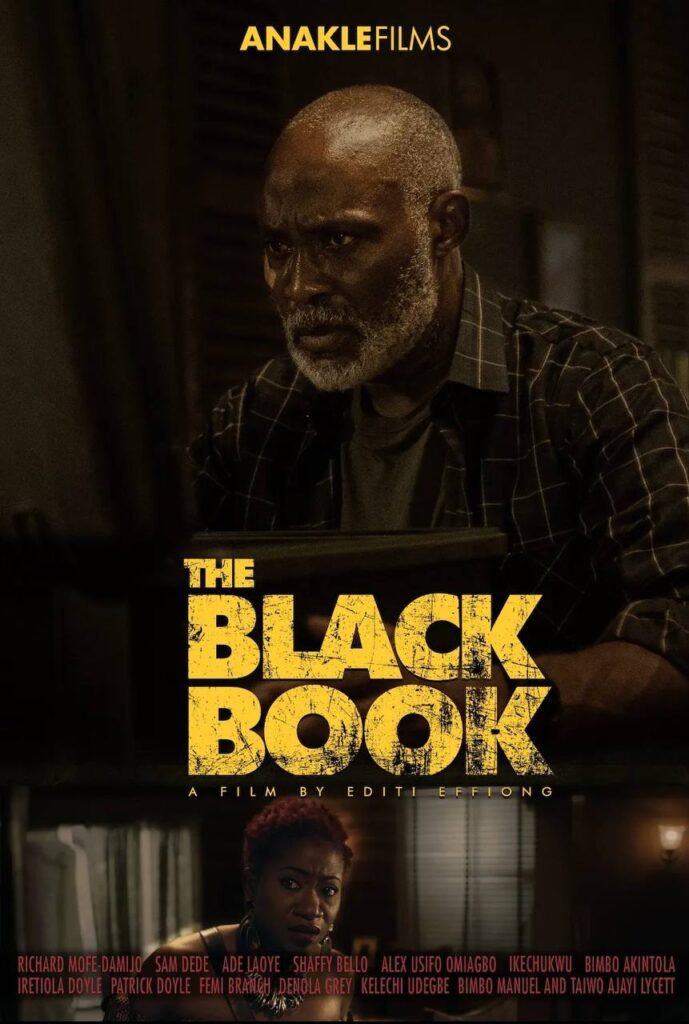In the span of a few decades, Nollywood, Nigeria’s burgeoning film industry, has undergone a remarkable evolution that mirrors the dynamic shifts in global entertainment consumption. From humble beginnings in the era of home videos to the current age of cinema and digital streaming platforms like Netflix and Prime Video, Nollywood has not only transformed its storytelling techniques but has also gained international recognition as a cinematic powerhouse.

The Birth of Nollywood:
The Nollywood story begins in the early 1990s when filmmakers, armed with passion and resourcefulness, started producing low-budget films on video cassettes. These home videos, often characterized by modest production values, melodramatic plots, and rapid shooting schedules, quickly became a staple in Nigerian households. The industry’s rapid growth was fueled by the high demand for relatable and culturally resonant content.

Rising to Global Prominence:
As Nollywood gained momentum, its influence extended beyond Nigerian borders. The industry’s unique blend of storytelling, combining traditional values with modern narratives, captivated audiences across Africa and the diaspora. However, it was not until the 2000s that Nollywood truly caught the attention of the global film community.

New Nollywood and the Cinematic Renaissance:
The advent of the 21st century marked a pivotal moment for Nollywood as filmmakers embraced higher production standards, sophisticated storytelling techniques, and international collaborations. This period, often referred to as the “New Nollywood,” witnessed a surge in quality cinematography, sound design, and acting talent. Nollywood productions began to grace the screens of prestigious film festivals, earning accolades and respect on a global scale.

The Rise of Cinemas:
A crucial element in Nollywood’s evolution has been the resurgence of cinemas in Nigeria. The transition from home videos to cinematic releases allowed filmmakers to explore more ambitious projects, reaching wider audiences and elevating the overall production quality. The cinema experience also became a social event, drawing audiences to appreciate Nollywood films in a communal setting.

Digital Streaming Platforms: Nollywood Goes Global:
The most recent chapter in Nollywood’s journey involves its embrace of digital streaming platforms. Services like Netflix and Prime Video have provided a global stage for Nollywood films, allowing audiences worldwide to access a diverse array of Nigerian content. This shift has not only broadened the industry’s reach but has also facilitated international collaborations, exposing Nollywood to a broader range of storytelling influences.
Challenges and Opportunities:
Despite its impressive growth, Nollywood faces challenges such as piracy, funding constraints, and the need for infrastructure development. However, these challenges have also spurred innovation, with filmmakers finding new ways to finance their projects and connect with audiences.
In conclusion, the evolution of Nollywood from the days of home videos to the New Nollywood era of cinema and streaming platforms is a testament to the industry’s resilience, creativity, and adaptability. Nollywood’s global impact continues to grow, fostering cultural exchange and shaping the landscape of African cinema on the world stage. As the industry looks towards the future, it is poised to break new ground, telling stories that resonate with audiences across borders and generations.
WRITTEN BY: Saliu Momoh

